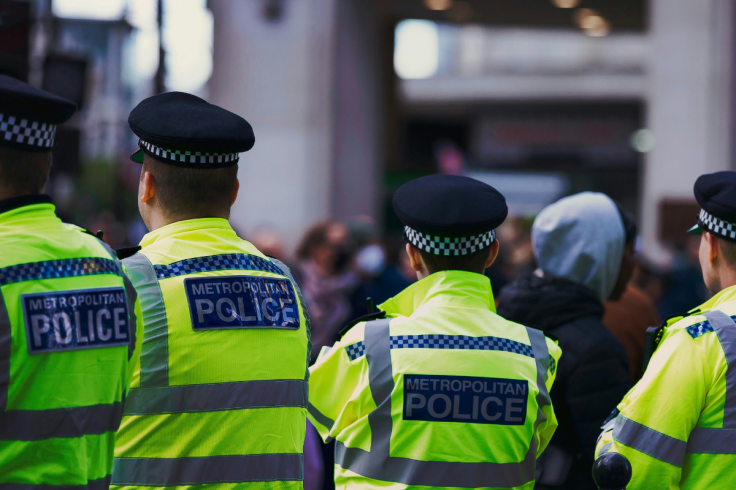Met Police Ends 'Non-Crime' Hate Probes to Refocus on Criminal Investigations

The Metropolitan Police has drawn a line in the sand, announcing it will no longer investigate so-called 'non-crime hate incidents', saying the move will free officers from 'policing toxic culture war debates' and allow them to focus on real crimes.
The policy shift, as reported by BBC News, comes after growing criticism that the force has spent too much time chasing complaints about offensive speech instead of tackling serious or violent offences.
A Met spokesperson said the change would 'give clearer direction to officers' and 'reduce ambiguity' over when an incident should trigger an investigation. Non-criminal reports will still be logged for intelligence purposes, but police will no longer open full inquiries unless a potential crime is suspected.
A Shift Away from 'Thought Policing'
The decision marks a major turning point for the Met's approach to hate-related reports. Non-crime hate incidents, or NCHIs, refer to acts perceived to be motivated by hostility toward characteristics such as race, religion, disability, or transgender identity, but which do not break the law.
The practice was introduced in 2005 after the Stephen Lawrence Inquiry to help spot early warning signs of hate crimes.
However, in recent years, critics including free-speech campaigners and former police chiefs have argued it created a culture of 'thought policing' that stifled debate and drained resources.
If a trans-identified male is in a female-only space, he is committing a violent, abusive act. Make a scene, call the cops and if all else fails, punch him in the balls.
— Graham Linehan (@Glinner) April 20, 2025
The Linehan Case and the Free Speech Debate
The announcement comes days after prosecutors dropped charges against Father Ted co-creator Graham Linehan, who was arrested in September at Heathrow Airport for alleged online incitement.
His case sparked outrage across social media, with many accusing police of overreach and blurring the line between speech and criminality.
Although the Met stopped short of linking its decision directly to Linehan's arrest, the timing has reignited national debate over whether police should be refereeing cultural disputes.
'Focus on Criminality, Not Politics'
Commissioner Sir Mark Rowley has long called for policing to be 'rooted in criminal law, not cultural or political disputes'. He said existing laws around online incitement and public order had put officers 'in an impossible position' where they risk being accused of bias no matter what they do.
Under the new policy, hate crimes that meet the legal threshold will still be investigated and prosecuted. But 'hurt feelings', as one senior officer reportedly described them, will no longer be grounds for police intervention.
National Ripple Effect
The move is expected to influence other forces across England and Wales, many of which still record non-crime hate incidents under Home Office guidance. It also puts pressure on the government to clarify national policy after several court challenges argued that recording non-criminal speech violates free-speech rights.
By refocusing on genuine criminality, the Met hopes to rebuild public trust and direct resources where they are most needed, tackling violent crime, fraud, and public safety threats rather than policing the nation's social media arguments.
© Copyright IBTimes 2025. All rights reserved.




















